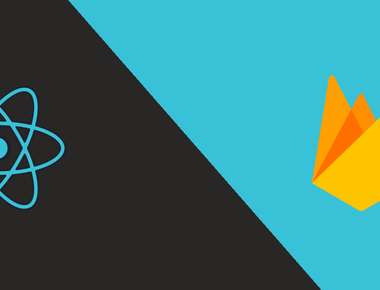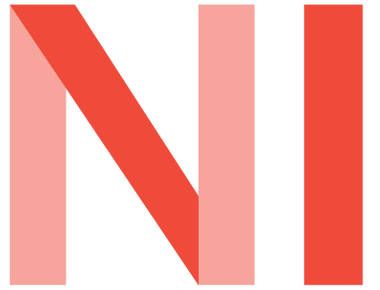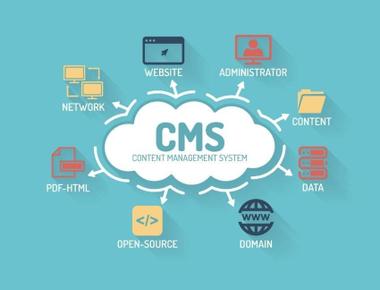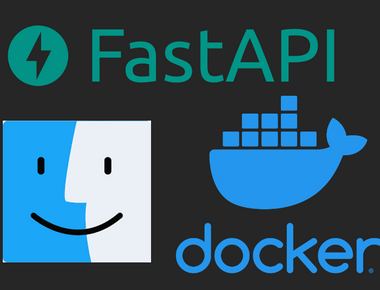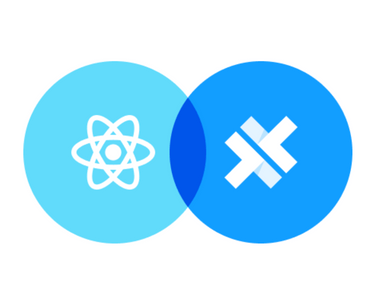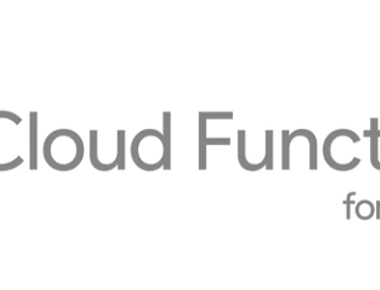
In the current era of globalization, technology is an undeniable part of our daily life. Technology develops from time to time to give us the opportunity to grow and to learn in order to nurture the welfare of mankind. Nowadays, there are many web development frameworks available for helping us up-to-date with the latest trends of technology. People use technology such as websites for many different purposes. They use it for selling their products, to communicate with others, to search for information, and so on. Building websites and web applications have been a trend in the community nowadays. Many developers are competing in providing the best web development services using a tool called web development framework.
A web development framework is a software platform that is designed to support the development of web applications such as web services, web resources, and web APIs. By using the framework, the development becomes much simpler and faster because web frameworks provide a standard way to build and deploy web applications on the World Wide Web. Since most of all the web frameworks are open source which means the growth of the frameworks including the development resources and enhancement will be driven by following the latest trends of technology. Web frameworks aim to automate the overhead associated with common activities performed such as libraries for databases, framework templates, session management, and even code reuse. Mostly they target the development of dynamic websites but are also applicable to static websites.
Django

It was first created in 2005 by Adrian Holovaty and Simon Willison and since the leap of Python's popularity then directly affected the application of Django itself.
Django is a Python-based web framework that follows the model-template-views (MTV) architectural pattern. Django makes web development fast with less code. The main idea is to ease the creation of complex and database-driven websites.
Many large and well-known corporations such as Google, Youtube, and Instagram use this open-source web development framework due to one of the key points that Django has which is its security. It allows you to build a secure website with the security features implemented in the framework itself, like code execution prevention in the template layer. The convention over configuration will also keep the developers focusing on the essential part of developing a website rather than setting each configuration.
Are you interested to try the tutorial of this server-side web framework? Go on and click here!
Express.js

Express.js, or simply Express, is a back-end application framework for Node.js and open-source software under the MIT license. It provides a robust set of features for web and mobile applications. Express.js allows you to clarify the features of Node with some core framework functionalities and also provides the robust performance of the asynchronous Node.js. It is designed as flexible to support web building applications and APIs.
The original author, TJ Holowaychuk, created Express.js inspired by the minimalistic Web Framework Sinatra in providing similar minimalistic features available as plugins. Express.js is so popular among big names like IBM, Uber, and many other companies. You can install it here.
Angular

Angular is an open-source web application platform built on TypeScript. It is used for building scalable web applications with a component-based framework. Angular also covers a wide variety of features which makes it a well-integrated library. It is suited for developers to develop, build, test, and update their codes.
Angular is now one of the most popular and well-known web application frameworks developed by Google. From single developer projects to industry-level applications, It provides you with an advantage with a scalable platform to cover all those applications. With an easy updating process, Angular is designed to help you to manage the latest development with a minimum of effort. It takes you further at the maximum speed possible on the web platform.

Ruby on Rails, or Rails, is a server-side web application framework and open-source software written in Ruby under the MIT License. Rails is a model-view-controller (MVC) framework, providing default structures for a database, web services, and web pages. The high speed of development has been the main advantage of this framework determined by extensive RoR tools, a huge set of pre-created solutions, and simple coding.
Ruby on Rails is optimized with Convention over Configuration (CoC), don't repeat yourself (DRY), and active record pattern to make it easier for developers to develop web applications. There is also the statement "Optimizing for programmer happiness". Many big and popular companies use Ruby on Rails for their websites such as GitHub, Shopify, Airbnb, Twitch, SoundCloud, Hulu, and so on. Want to learn more about Ruby on Rails? You can click here!
React
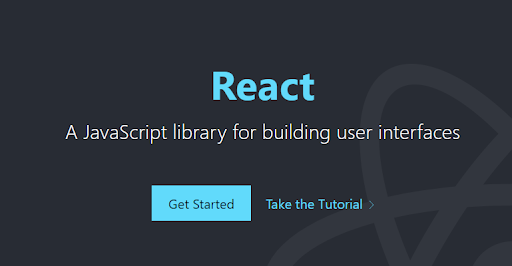
React is actually an open-source, front-end, JavaScript library but developers treat it and compare it as a framework instead. It is for building user interfaces or UI components. React uses a component-based architecture to develop simple components to complex components. It can be used to render on the server-side or client-side. React was first introduced and is maintained by Facebook. Today many big names use it such as Instagram, eBay, Yahoo, Netflix, etc.
You can dig deeper about React here.
Interested in Top Developer Tools for React? Check here!
Laravel

If you are searching for an expressive and elegant syntax, you may want to consider learning more about Laravel. Laravel is a free, open-source PHP web framework created by Taylor Otwell initially in 2011. It is used for the development of web applications following the model-view-controller (MV) architectural pattern.
Laravel comes with API support out of the box. It also possesses a modular packaging system with a dedicated dependency manager and utilities to aid in application deployment and maintenance. Not like Django or Express, Laravel might be a drawback for huge projects due to its performance.
Vue

Vue.js (commonly referred to as Vue; pronounced /vjuː/, like "view") is an open-source framework for building user interfaces. It adopts a model-view-view-model front-end JavaScript framework to build single-page applications. It has some interesting features on Vue. Unlike other monolithic frameworks, Vue is designed to be incrementally adoptable which means you can adopt Vue for one portion of your existing projects. Vue was first created by Evan You and first released in 2014.
If you already know about HTML, CCS, JavaScript, it is a good choice to dig into Vue.
Flask

The initial intention is to build a small core and easy to extend web framework. Flask is a micro web framework written in Python. It is a microframework because it has no particular tools or libraries such as database abstraction layer, validation form, any other pre-existing third-party libraries that provide common functions. Flask is designed to scale up complex applications to make a quick and easy getting started.
It was first developed by Armin Ronacher in 2010. Now it has become a popular microframework among developers. Flask gives liberty to developers for choosing the tools and libraries they want to use since it doesn't impose any dependencies or project layouts.
Spring

The Spring Framework is an open-source application framework and inversion of the control container for the Java platform. It adopts a model-view-controller (MVC) framework. It delivers production-grade features for developers to use many extensions for creating web apps based on the Java EE platform. Spring Framework is a framework for fast, secure, and responsive web applications connected to any data store.
Meteor

Meteor, or MeteorJS, is a free and open-source isomorphic JavaScript web framework using Node.js. It provides cross-platform (Android, iOS, Web) and rapid prototyping code. On the client, Meteor can be used with Vue, React, Svelte, Angular, Blaze, or any popular front-end JavaScript framework. Meteor provides a set of technologies for building connected-client reactive applications, tools, a set of packages from Node.js, etc.
Conclusion
And that's the list of our version for the website development frameworks which is happening today. All of them offer great services, great tools, and of course great performance. And if you’re a developer trying to develop yourself with the most up-to-date frameworks, you can cherry-pick from the list which one you want to equip yourself with.
Do you have your own choice of website development framework? Give feedback below and let’s discuss more!



